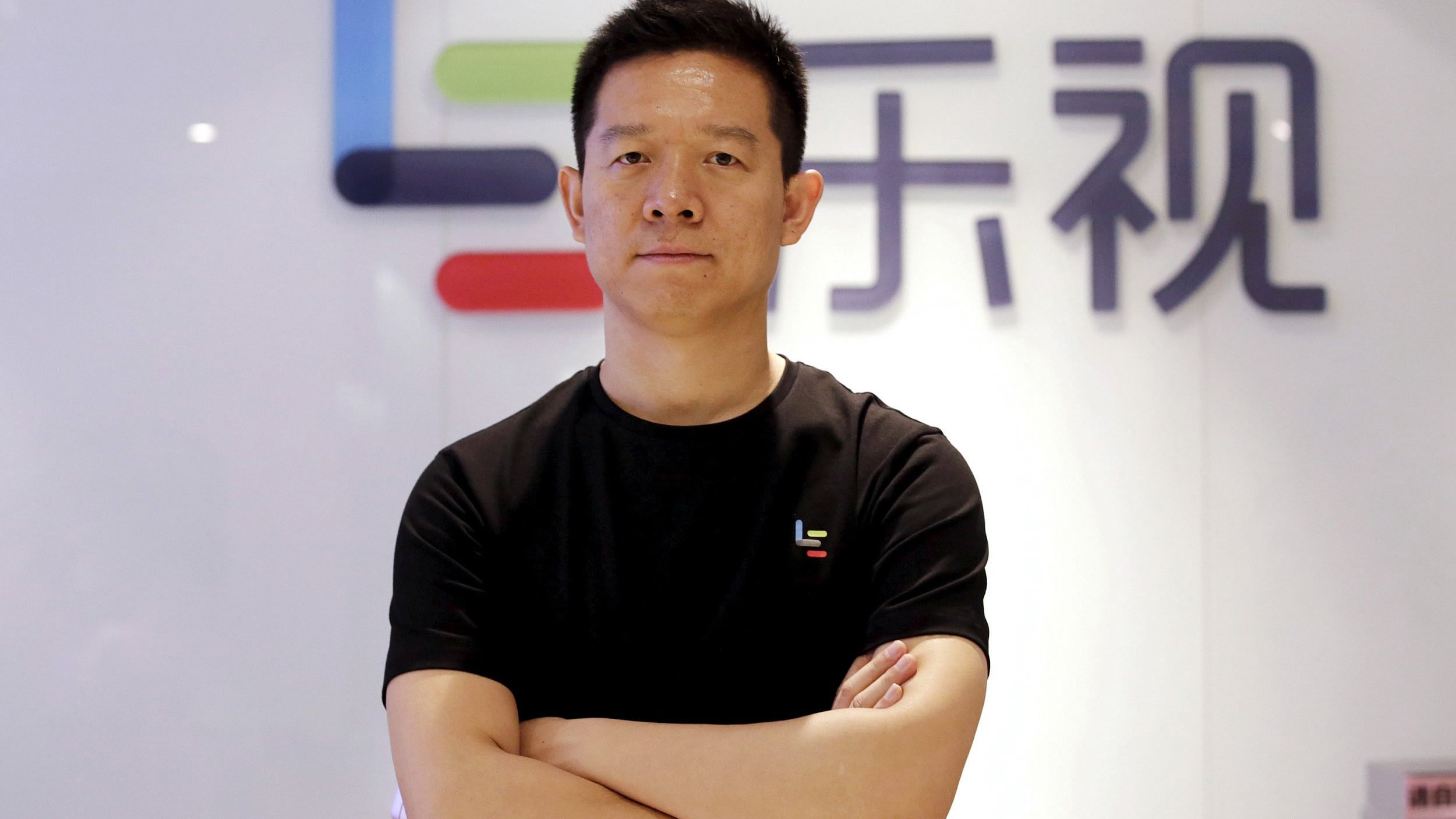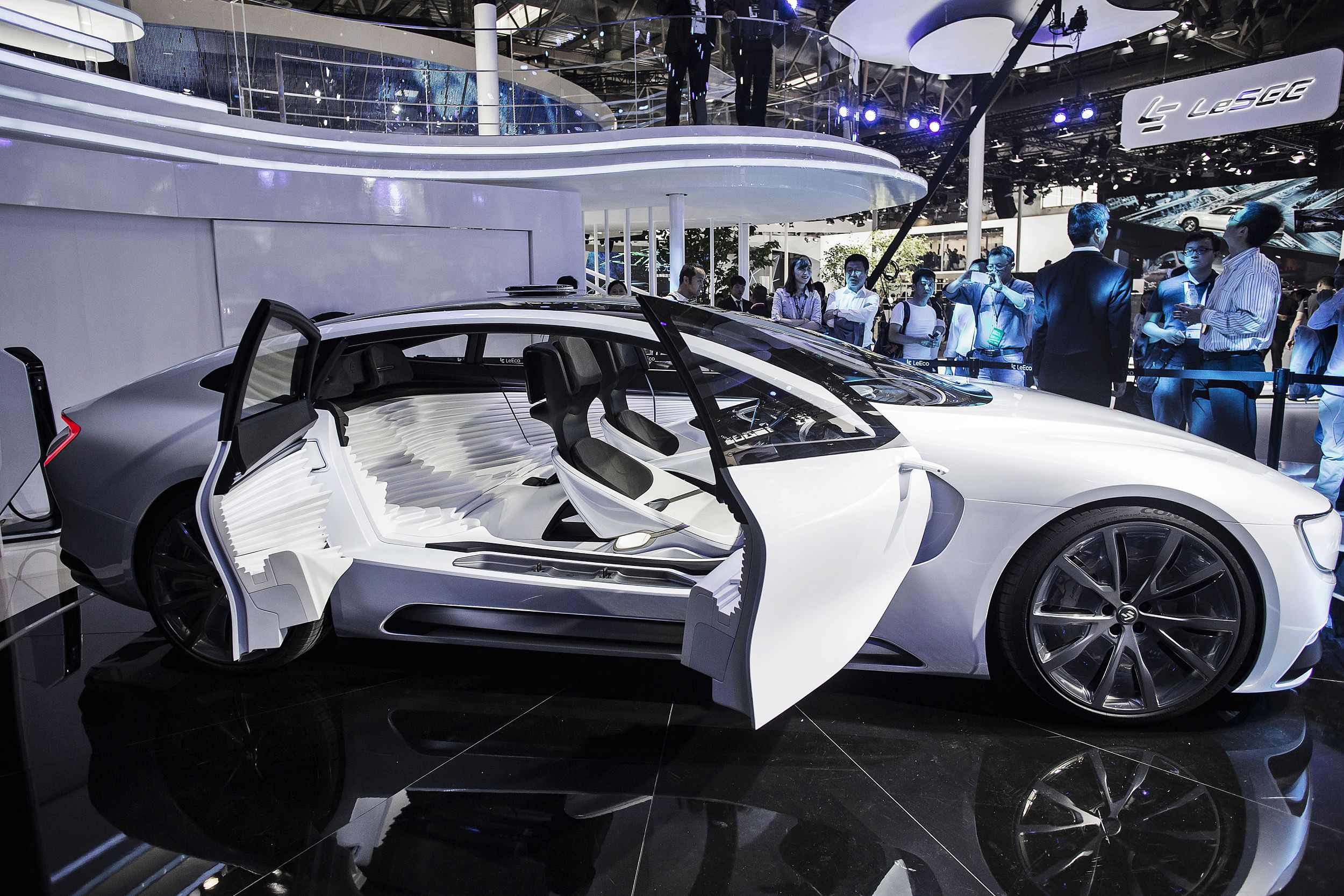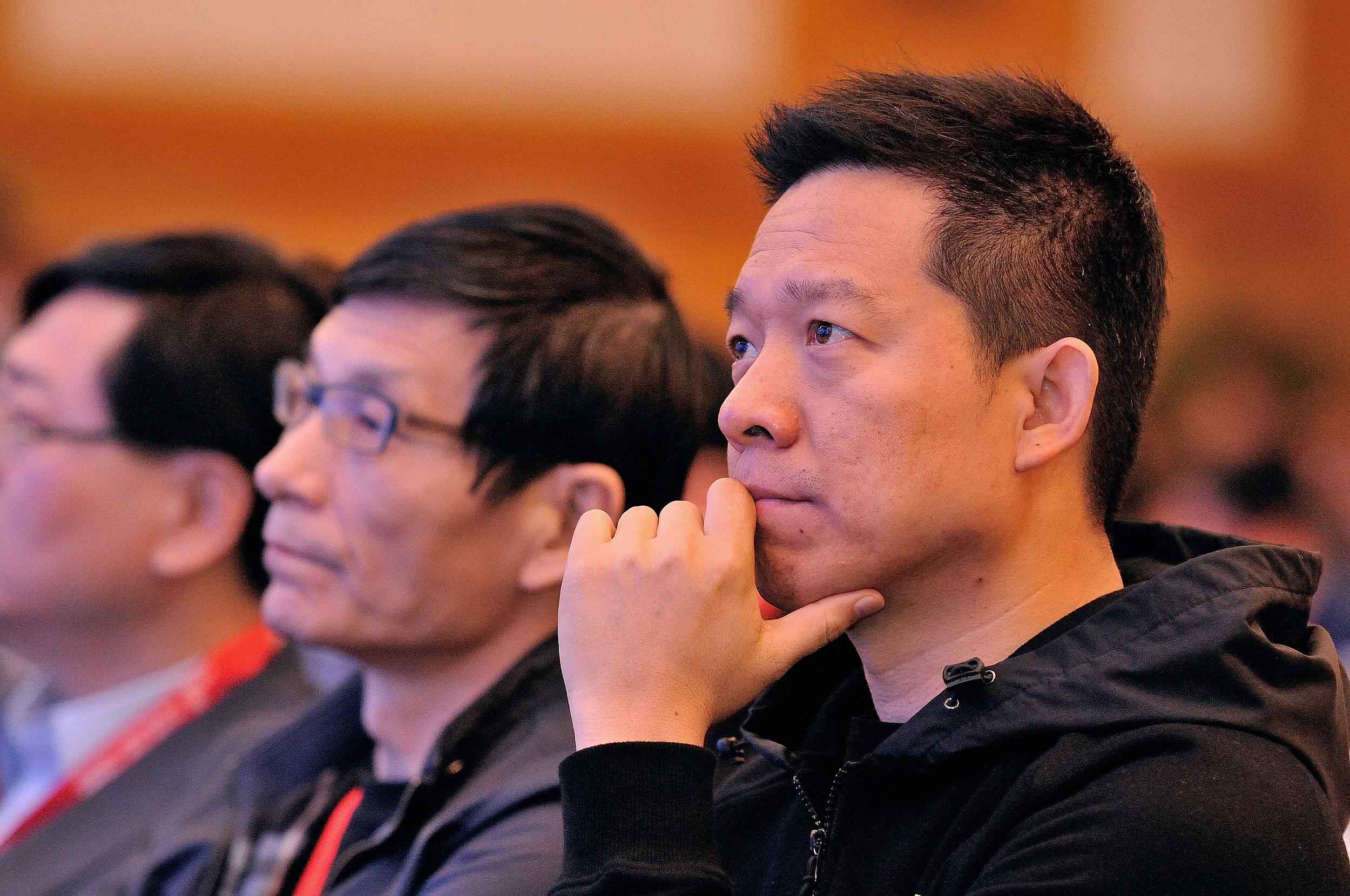
Business
16:35, 13-Dec-2017
LeEco founder placed on debt blacklist after terrible 2017
CGTN's Nicholas Moore

When it looked like 2017 couldn’t get any worse for LeEco, it just did. Last October, the company’s founder Jia Yueting threw a lavish launch ceremony in San Francisco, promising to put LeEco on the map as China’s answer to Tesla. On Monday, Jia was blacklisted as a serial debtor, as authorities revealed he was more than 462.1 million yuan (69.8 million US dollars) in debt.
Jia has been added to an official database of debt defaulters, a blacklist launched in 2013 to publicly name and shame China’s biggest debtors. For the most serious debt offenders, nationwide sanctions such as air and train travel bans can be put in place.
For LeEco, the public blacklisting of its founder compounds a terrible year which should serve as a warning to other promising Chinese companies to not get carried away with their own hype.

LeEco chief R&D officer Rob Chandhok unveils the new LeEco Pro3 smartphone during a press event in San Francisco, California, US, October 19, 2016. /VCG Photo
LeEco chief R&D officer Rob Chandhok unveils the new LeEco Pro3 smartphone during a press event in San Francisco, California, US, October 19, 2016. /VCG Photo
Heading into 2018, the conglomerate finds itself on increasingly uncertain ground, with trade suspended throughout 2017 and Tencent’s co-founder even branding it as a Ponzi scheme.
What a difference a year makes
In September 2016, LeEco announced that it had raised 1.08 billion US dollars in funding for a new electric vehicle. It was going to spend 12 billion yuan (1.8 billion US dollars) on an electric car factory in east China, capable of churning out 400,000 high-speed rivals to Tesla every year by 2018. The plans seemed ambitious, and the money apparently endless, built on a successful streaming, smartphone and television set business.
It all began to fall apart shortly after an infamous US launch event in October, which first gained headlines for failing to deliver a working autonomous car prototype to San Francisco on time. Attendees were left looking at an empty shell of a prop car – perhaps a metaphor for the company’s fortunes since then.

A LeEco concept sports vehicle at the Beijing International Automotive Exhibition in Beijing, China, April 25, 2016. /VCG Photo
A LeEco concept sports vehicle at the Beijing International Automotive Exhibition in Beijing, China, April 25, 2016. /VCG Photo
David Ruddock, editor of tech blog Android Police, was at the launch. He described how LeEco paid to fly in and accommodate hundreds of journalists, bloggers and trendsetters, with the flashy event centered on Jia Yueting’s “face peering out of a wall of fire and sparks”, and failing to show off any of LeEco’s range of products.
Alarm bells
Several weeks later, alarm bells were ringing over the company’s finances. Trading was suspended in early December 2016, after shares plunged following reports of margin calls on debts owed by Jia Yueting and his brother Jia Yuemin.
Jia Yueting later said LeEco was suffering from “big company syndrome”, admitting that it was under financial pressure after expanding too quickly. Jia eventually resigned from Leshi, LeEco’s listed arm in July this year, amid reports that 180 million US dollars in assets had been frozen.
A 600-million-US-dollar fundraising round and a 15-billion-yuan (2.27 billion US dollars) cash injection from Sunac have just about kept LeEco alive, but attempts to restructure the company under new chairman Sun Hongbin have faltered. In October, the company cited “significant and unprecedented issues” when explaining why it was still suspended from trading on the Shenzhen stock exchange.

What lies ahead in 2018 for Jia Yueting? /VCG Photo
What lies ahead in 2018 for Jia Yueting? /VCG Photo
LeEco's staff now can only hope that the restructuring efforts led by Sunac can bring the company back from the brink as it looks to move on from a tumultuous year.
Jia Yueting – who currently lives in the US, according to Quartz – will sit and wait for any further sanctions, proceedings or asset freezes, as he too looks to move on from a series of poor business decisions.

SITEMAP
Copyright © 2018 CGTN. Beijing ICP prepared NO.16065310-3
Copyright © 2018 CGTN. Beijing ICP prepared NO.16065310-3